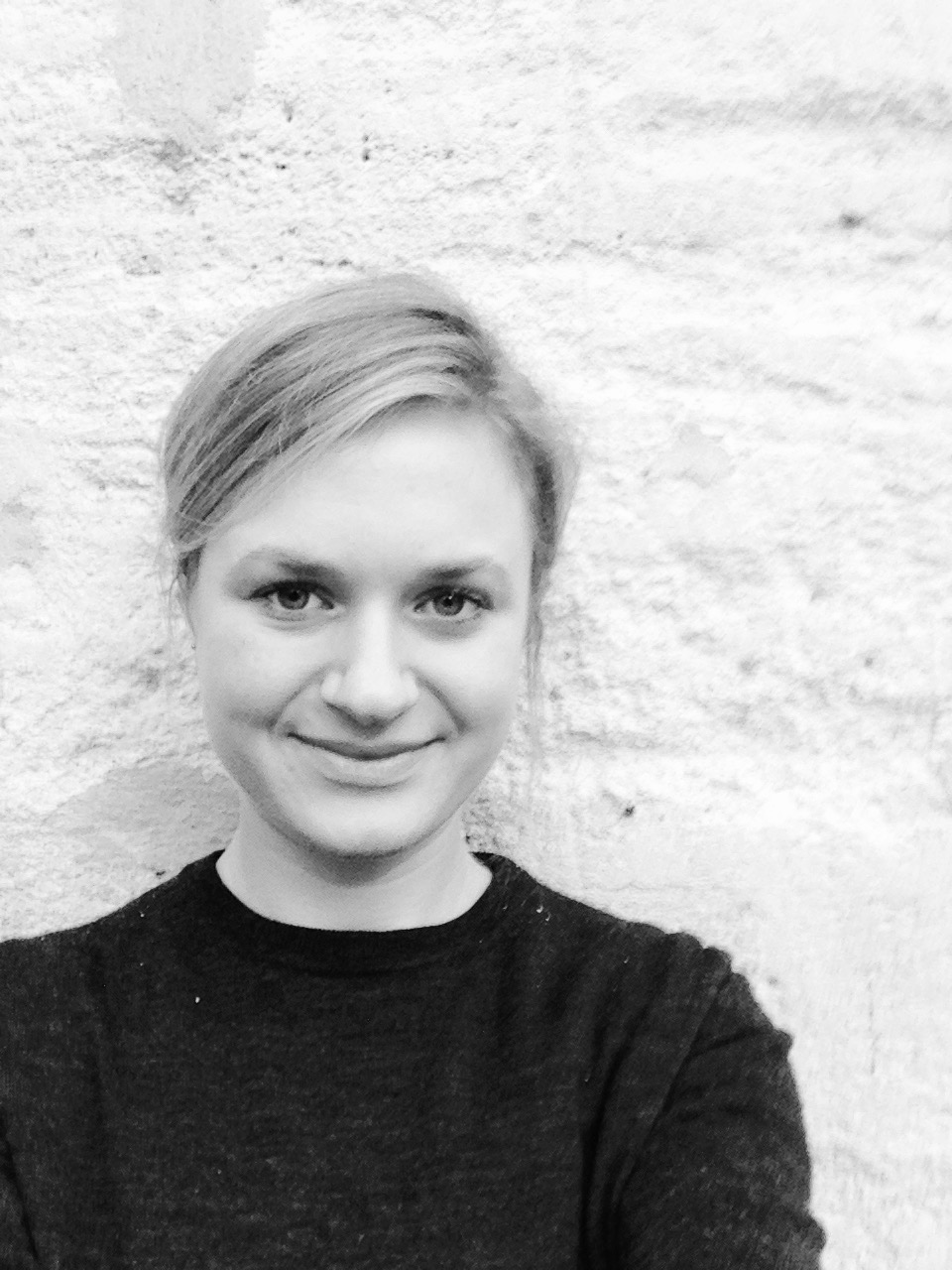Doctoral dissertation in Urban Planning and Environment, KTH Royal Institute of Technology (Stockholm, Sweden)

Doctoral dissertation in Urban Planning and Environment, KTH Royal Institute of Technology (Stockholm, Sweden)
Jenny Lindblad est doctorante en Anthropologie (spécialité Planning and decision analysis). Elle a participé à la recherche comparative "Organizing the sustainable city : planning, strategy, governance, management" financée par le Conseil suédois de la recherche (VR) en collaboration avec l’institut Royal de Technologie, l’Université de Cambridge et l’Université de Göteborg. Elle contribue également à la rédaction d’AnthroPod, the podcast of the Society for Cultural Anthropology.
This thesis draws on work among anthropologists and planning theorists inquiring through ethnography how contemporary urban planning unfolds concretely in diverse localities. It does so by asking questions about particularities of contexts in which planning efforts are enacted, and urban actors mobilize contexts towards diverse aims. The locale that I analyze is land use planning in Bordeaux, a city that launched the revision of their PLU to the backdrop of recent planning reforms, reforms including a shift in scale from plan-making in smaller municipalities towards larger metropoles, and a shift towards more flexibility to ensure that development plans are adjustable to unpredictable near-futures. The thesis traces the implications put forward in the bordelaise PLU about it being a ‘contextualized’ plan. I engaging with the implications of this claim based on fieldwork among planners, administrators, local politicians and planning documents in Bordeaux. In discussions among planning practitioners and theorists, context is a notion often sympathetically associated with bottom-up approaches and sensitivity to local communities. Rather than resonating with such assumptions, I show how the idea of a contextualized plan in Bordeaux was charged with co-existing and conflicting political and technical temporalities, and intersected with manipulations of legal-bureaucratic temporalities. The call for a ‘contextualized’ plan was riddled with adverse relations between planners’ further-looking perspectives and local politicians’ strive for assuring authority over planning decisions in an unfolding presence, suggesting an importance to attend to diverse and conflicting temporalities embedded in calls for ‘context’. The thesis rejoins what previous scholarly work has emphasized about urban planning both shaping and being shaped by diverse contextual factors, and suggests an importance to critically engage with urban actors assertions about attending to ‘contexts’.
Voir le résumé de la thèse sur le site Academia